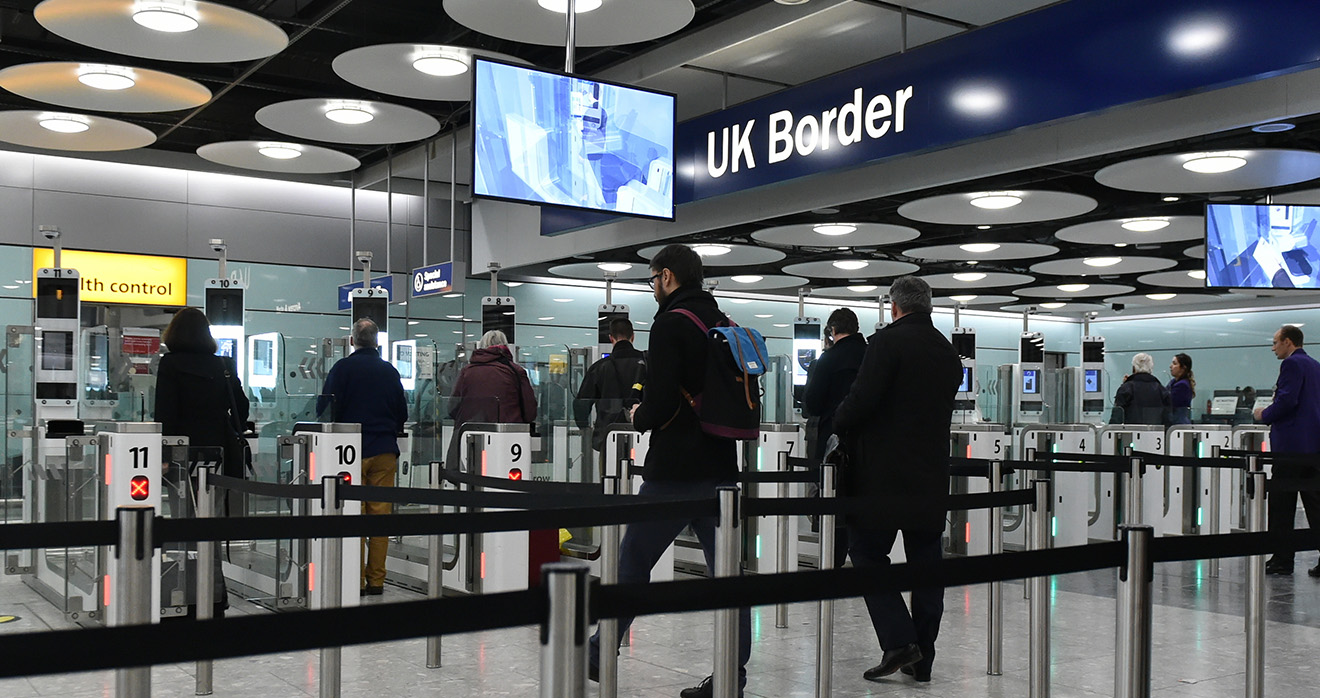What providers need to know about the Duty of Candour

The Department of Health and Social Care (“DHSC”) is currently reviewing the statutory duty of candour and how it applies to health and social care providers in England. As part of the review, the DHSC has called for evidence in relation to how the duty of candour is working in practice. The purpose of the review is to understand to what extent the duty of candour is honoured, monitored and enforced.
What is the Duty of Candour?
The purpose of the duty of candour is to ensure that care providers are open and transparent with service users when something goes wrong. There are two types of duty of candour – the professional duty and the statutory duty. The professional duty is overseen by regulators of professionals such as the NMC and the statutory duty is regulated by the CQC under Regulation 20 of the Health and Social Care Act 2008 (Regulated Activities) Regulations 2014.
Under Regulation 20, there are certain situations called ‘notifiable safety incidents’ which need to be reported to the CQC in order to comply with the statutory duty of candour. To determine whether something is a notifiable safety incident, a provider should ask itself the following three questions:
- Did something unintended or unexpected happen to a service user during care or treatment?
- Did it occur during the provision of a regulated activity i.e., during the provision of personal care?
- In the reasonable opinion of a healthcare professional, has it already or might it, result in death, or severe or moderate harm to the person receiving care?
You must answer ‘yes’ to all three of the above questions in order for it to be a notifiable safety incident. If you answer ‘no’ to any of those questions it is not notifiable.
The importance of robust processes
It is important that all providers have robust processes in place to manage the duty of candour requirement and a key part of this is ensuring that there is a culture of openness and transparency within a service. Having an open culture means that staff are more likely to raise issues and concerns rather than trying to hide things if something goes wrong.
The CQC expects providers to have a strong safety and learning culture and is assessing providers under its Quality Statements to see how well they promote ‘learning for safety’. Providers should be able to explain how they support their staff to be open and transparent when something goes wrong and how this sits within a broader culture of safety.
To meet the duty of candour requirement, if there is a notifiable safety incident, the registered person (in the form of the registered manager or provider) must inform the person concerned or their representative about the incident and provide an account about what is known about the incident at that time and set out what the next steps are in terms of further enquiries or investigations. It is important to apologise for the harm caused as well as being open and transparent about what has happened. An apology does not in and of itself amount to an admission of negligence or breach of a statutory duty. It acknowledges that something could have gone better in a particular situation.
The implications of getting it wrong
The ultimate responsibility for ensuring that the duty of candour is complied with rests with the registered person. The CQC does not investigate every notifiable safety incident, it will only investigate an incident where it has concerns. However, where the CQC believes that Regulation 20 has not been complied with, it can use its enforcement powers which includes issuing warning notices, imposition of conditions on registration and criminal prosecution.
Conclusion
Given that the DHSC is reviewing how the statutory duty of candour is working in practice, it is likely that this will become a CQC ‘hot topic’. Therefore, it would be sensible for all providers to review their duty of candour systems and processes within their service to ensure that they are robust and effective.
The DHSC’s call for evidence on the duty of candour closes on 29 May 2024. Anyone wishing to contribute can complete the DHSC’s online survey which can be found on its website.
This article was originally published in The Carer.
Call us now:





